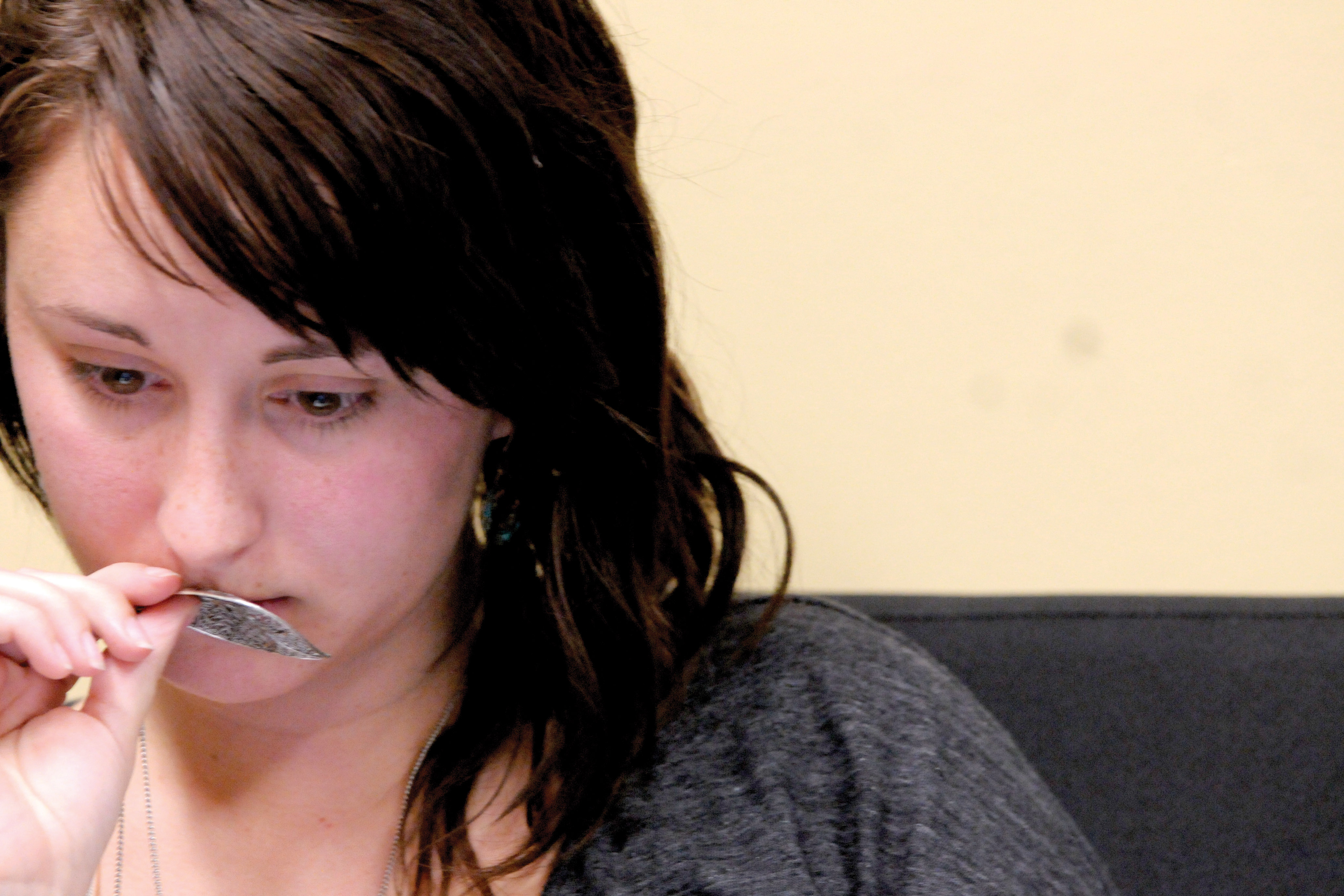A Facebook event sprung up last week encouraging students to vote against the two referendum questions regarding the Concordia Student Union’s revised bylaws in this week’s byelections, opening up a lively online discourse.
Created last week by Ace Szmolyan, a political science student at Concordia, the event is listed online as “Demand Knowledge: Vote NO for the CSU Bylaw changes.”
“I meant to raise awareness by this campaign,” wrote Szmolyan in one of many posts on the event’s wall. “I feel like this page could be a great place for students to raise any questions or concerns they have regarding the upcoming referendum.
The topics debated on the event page range from the re-naming and re-purposing of the student centre fund, the changes made to the elections process, and the removal of the Senate of Faculty Associations, a body made up of representatives from each faculty association.
CSU executives and council members have been posting direct responses to concerns on the wall of the Facebook event in back-and-forth conversations that have so far remained civil.
Morgan Pudwell, CSU VP advocacy and outreach and official chair of the “Yes” committee for the bylaw-related referendum questions, wrote that although she’s excited about the new bylaws, it’s good to see students engaging within their union.
“In general I think students have been asking meaningful questions, and I’m happy to engage in that sort of discourse,” Pudwell wrote.
The event has over 140 members listed as “attending,” including several executives from the Arts and Science Federation of Associations.
ASFA VP internal Schubert Laforest said in an interview that some of the new bylaws lack clarity. He pointed to the the wording of one proposed new bylaw in particular, which states that candidates for CSU executive positions, the council of representatives, the Board of Governors, and the Senate, will run individually. The bylaw would effectively put an end to the slate system, where candidates are voted in as a team.
His concern is that unless the wording is made clearer, someone could use the rule to prevent candidates from affiliating with each other and running as a group.
“I’ve seen a lot go wrong when things are left up to interpretation,” said Laforest, referring to the CSU’s history of contentious elections.
Former CSU president Heather Lucas joined the “Vote No” event despite having been a part of the reform process during her time in office.
“If the ‘No’ campaign had not created their Facebook page, there wouldn’t be the essential discussion and documentation that students need in order to not be going to the ballots uninformed and voting blindly,” wrote Lucas in an email.
CSU council passed a motion on Nov. 23 and a document displaying all revisions made throughout the reform process has since been made available. The CSU has also created a “Vote YES” event which has over 100 people attending as of press time.
Students will be able to vote on whether to accept the new bylaws during byelections this week on Nov. 29, 30 and Dec.1.
“Reform is much needed at the CSU, and for too long it has been put off,” Pudwell wrote. “If any changes are to be made to the CSU electoral policies they would need to be approved during this byelection in order to effect the upcoming general elections in March.”
To view the comprehensive proposed changes to the bylaws, scan the following QR code with your smart phone or visit csu.qc.ca.
